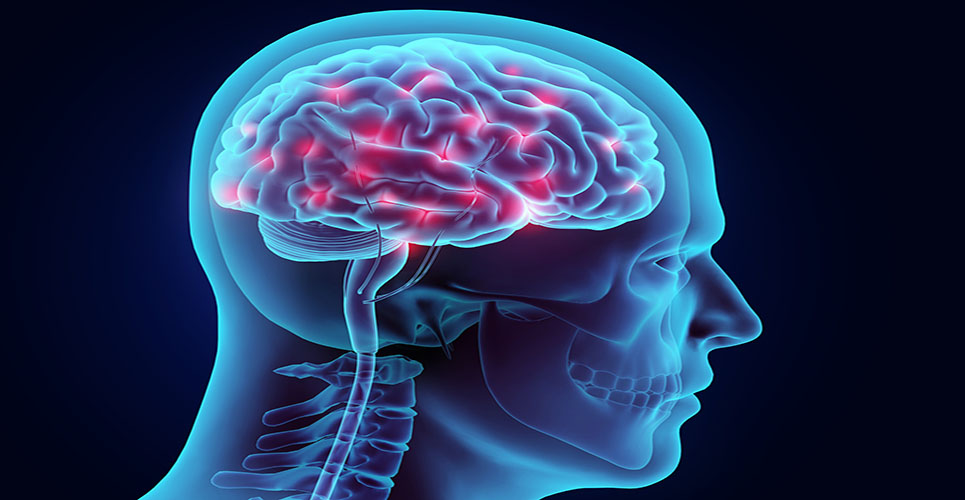An increased risk of developing a sex or gambling addiction has been linked to Parkinson’s disease drugs.
A study involving over 3,000 Parkinson’s patients in Canada and the US found 13.6% of them suffering from impulse control disorders.
In 5% of the patients, gambling was a problem, while 3.5% were struggling with a sex addiction. A further 5.7% engaged in compulsive buying and 4.3% had problems with binge-eating.
The disorders were more common in individuals taking drugs that increased the effects of the brain chemical dopamine.
The findings have been reported in the journal Archives of Neurology.

Dopamine is a neurotransmitter that helps nerve cells pass messages to each other.
Low levels of dopamine affect muscle control and lead to the tremors and rigidity that are typical of Parkinson’s. But dopamine is also linked to addictive, or compulsive behaviour.
Some drugs act as “agonists” which stimulate dopamine responses in the brain.
The study authors, led by Dr Daniel Weintraub from the University of Pennsylvania in the US, wrote: “Dopamine agonist treatment in Parkinson’s disease is associated with a two to 3.5-fold increased odds of having an impulse control disorder.
“This association represents a drug class relationship across impulse control disorders. The association of other demographic and clinical variables with impulse control disorders suggest a complex relationship that requires additional investigation to optimise prevention and treatment strategies.”
Copyright Press Association 2010

